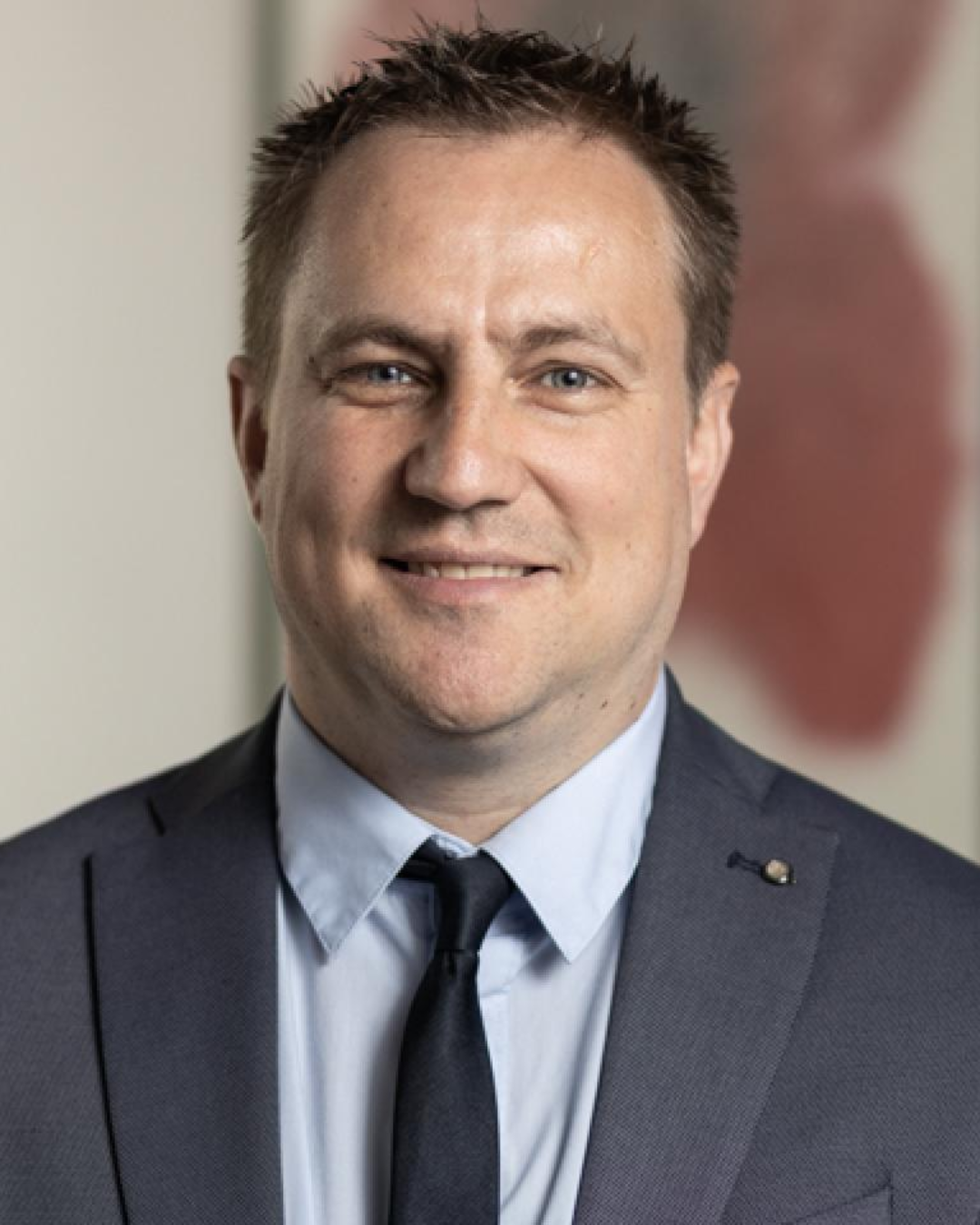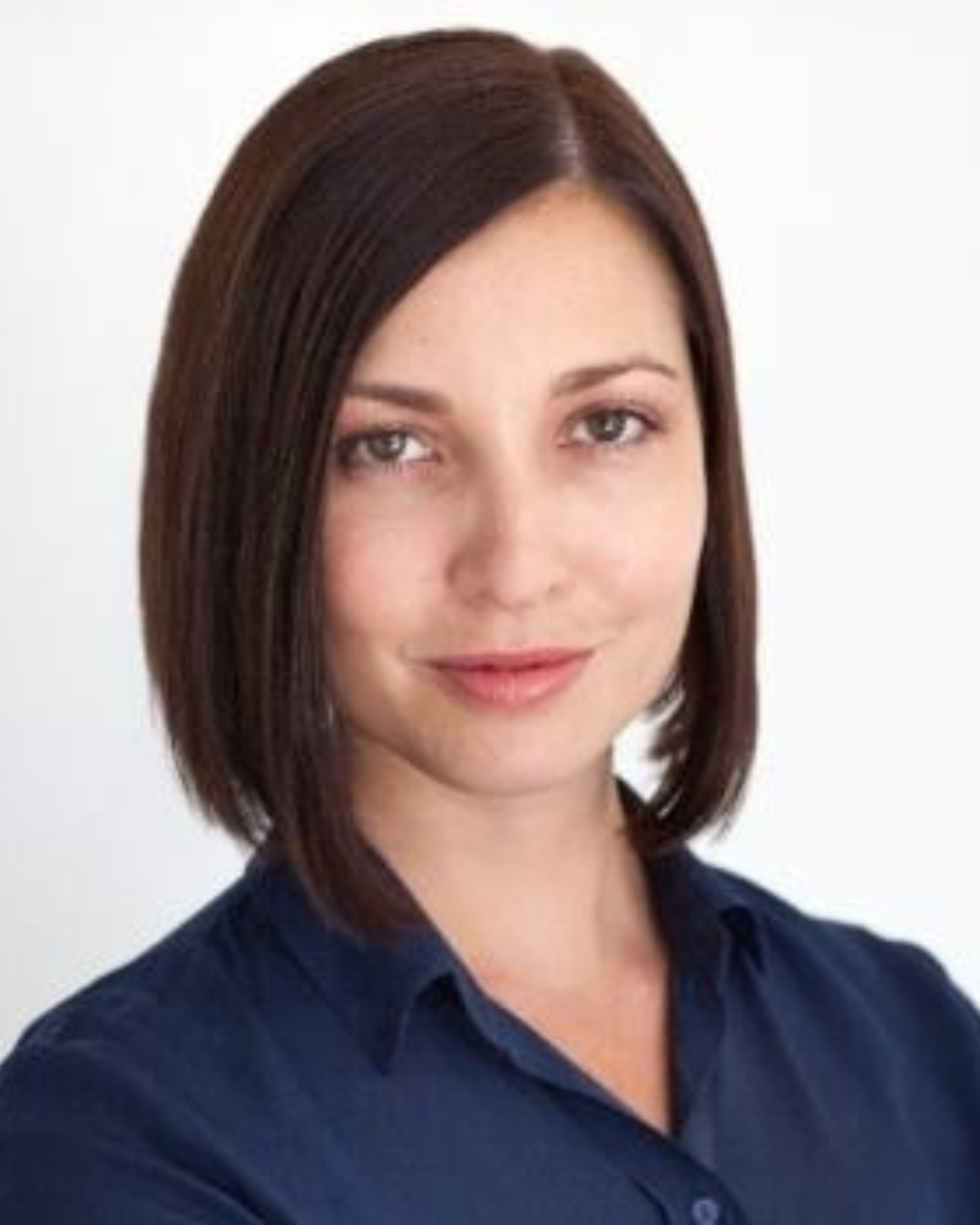CAFACHEM 2024 Keynote Speakers
Matthias Herth, PhD
Matthias Herth obtained a Ph.D. in Nuclear Chemistry from the Johannes Gutenberg – University, Mainz, Germany in 2009. In the same year, he started as a PostDoc at the Neurobiology Research Laboratory, University of Copenhagen, Denmark. In 2015, Matthias was promoted to associate professor of radiopharmaceutical chemistry at the Department of Drug Design and Pharmacology, University of Copenhagen, Denmark, where he was appointed full professor in 2024.
His group aims to develop novel radiopharmaceuticals for molecular imaging but also for targeted radionuclide therapy purposes. Main research topics are (bio)orthogonal chemistry, pretargeting, the serotonergic system and development of new labeling technologies that allow easier access of halogenated radiopharmaceuticals. His group aims to establish theranostic approaches with 18F, 123I, 125I, 131I and 211At.
Herth has published over 100 research papers and reviews and received multiple scholarships and awards. He has given numerous lectures at national meetings and international meetings in the US and Europe. His work resulted in three spin-outs.
Michelle James, PhD
Dr. James is an Assistant Professor in the Departments of Radiology and Neurology, within the Molecular Imaging Program at Stanford (MIPS). She received her BS in pharmacology and medicinal chemistry at the University of Sydney, where she also earned her PhD in radiochemistry/neuropharmacology and was awarded the prestigious University Medal. For nearly fifteen years, Dr. James’s research has focused on developing and evaluating novel molecular imaging agents to improve the way we diagnose, treat, and understand brain diseases. In particular, she is interested in designing new positron emission tomography (PET) radioligands for visualizing the neuroinflammatory component of Alzheimer’s disease, multiple sclerosis, and stroke with the goal of learning about the in vivo role, spatiotemporal dynamics, and different functional phenotypes of specific innate and adaptive immune cells in the very early stages of these diseases and throughout their progression. Dr. James is also very interested in applying these tools to: track disease progression, guide therapeutic selection for individual patients, and serve as surrogate endpoints in clinical trials. Dr. James has multiple patented radioligands for imaging neurological diseases, three of which are currently being evaluated in humans.
Jennifer Murphy, PhD
Dr. Murphy obtained her Ph.D. in 2011 from UCLA where she worked under the direction of Prof. Michael E. Jung on natural product total synthesis. She joined the David Geffen School of Medicine where she was a Scholar in Oncologic Molecular Imaging postdoctoral fellow in the Ahmanson Translational Imaging Division at UCLA. In 2012, she trained in Prof. Tobias Ritter’s laboratory at Harvard University as a visiting scholar, where she focused on fluorine chemistry methodology. In the fall of 2013, Dr. Murphy was recruited to UCLA and joined at the Crump Institute for Molecular Imaging as an Assistant Professor within the Department of Molecular and Medical Pharmacology. In 2019, she was honored with the “Ones to Watch: Early Career Professionals Making a Difference” award by the Society of Nuclear Medicine & Molecular Imaging, and, in 2021, she was promoted to Associate Professor at UCLA.
Dr. Murphy sits on the Board of Directors for the International Society of Radiopharmaceutical Sciences and, in 2021, she was the Chair of the Women in Molecular Imaging Network (WIMIN), the largest interest group within the World Molecular Imaging Society, which provides leadership for career development opportunities and advancement of women in molecular imaging sciences. Dr. Murphy’s research has led to the development of practical chemical methods for site-specific 18F-labeling of targeted molecules to expand the accessible radiochemical space for pre-clinical and clinical PET research. She has filed 13 patents, of which four have been licensed to outside companies for commercialization and three are currently in the process of licensing agreements with startup companies. The overall goal of her work is to facilitate access to promising PET imaging probes to examine disease biology, to enhance molecular diagnostic tools, and advance therapeutic developments.
Adam Rosenberg, PhD
Prof. Adam Rosenberg obtained his undergraduate degrees in chemistry & political science from University of Rochester, and his PhD in organic chemistry from Syracuse University. From there he moved to Washington University in St. Louis for postdoctoral research in radiochemistry under the direction of Prof. Zhude “Will” Tu. Adam then moved to Vanderbilt University Medical Center where he worked in the Vanderbilt University Institute of Imaging Science (VUIIS) Radiochemistry Core leading PET agent development and translation efforts. He started his independent faculty career at Vanderbilt in 2022, where he currently is a Research Assistant Professor of Radiology & Radiological Sciences, and the Director of Radiochemistry Research at VUIIS. Dr. Rosenberg’s research spans many aspects of molecular imaging including: i) automated method development, ii) translation radiopharmaceuticals for PET imaging & radioguided surgery, iii) development and translation of optically labeled imaging agents, and iv) cGMP molecular imaging agent manufacture. He has served as an elected member of the Radiopharmaceutical Sciences Council of the Society of Nuclear Medicine and Molecular Imaging; which recently named him one of the 2023 “Ones to Watch”. His lab is funded by the National Institutes of Health and the Education and Research Foundation for Nuclear Medicine and Molecular Imaging, as well as collaborations with academic institutions and industrial partners.




